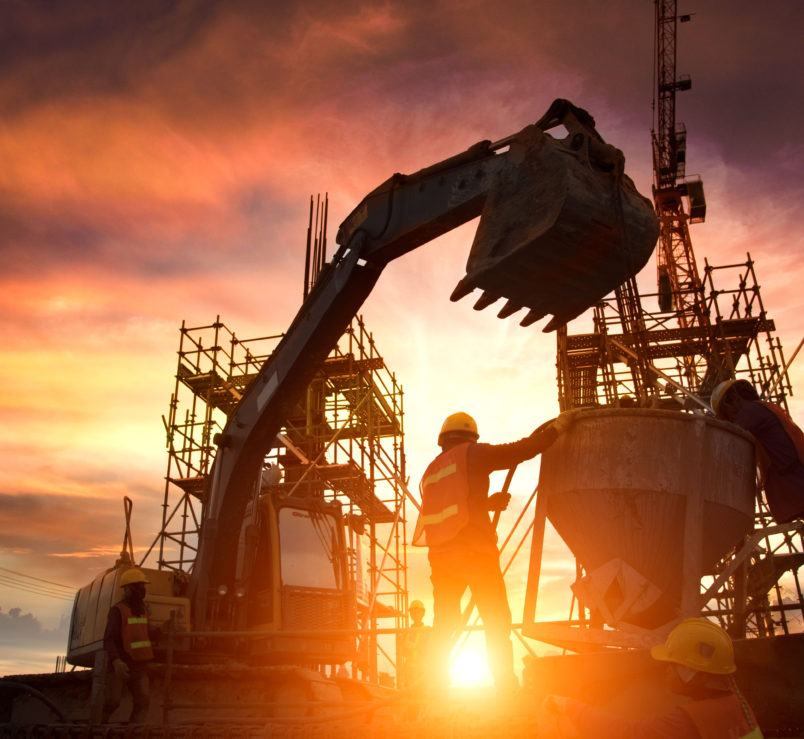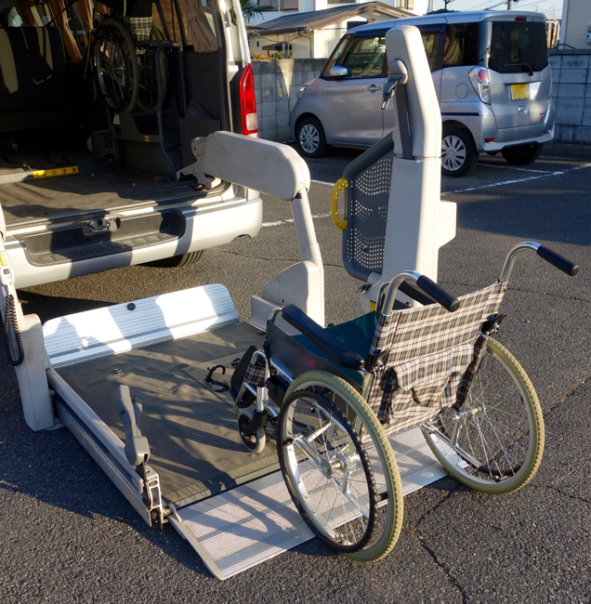Actions ahead for the green and digital transition of the construction ecosystem
On 7 December we took the opportunity to reflect on what 2022 has meant for the European construction ecosystem. In an event organised by Ecorys, the European Commission joined us to share their plans for the transition pathway of the construction ecosystem. Speakers from Ecorys then presented some insights gained through working on projects which support the green and digital transition for the ecosystem. A discussion then took place with some key actors from the ecosystem on what to expect in 2023.
After the opening of the event, Ilektra Papadaki from DG GROW (Directorate-General for Internal Market, Industry, Entrepreneurship and SMEs) presented the work done by the European Commission in 2022 to co-create a transition pathway for a more resilient, green and digital construction ecosystem together with the High Level Construction Forum. She also outlined other Commission initiatives such as the development of an EU model for digital building logbooks, the Level(s) framework as well as the anticipated whole life carbon roadmap for buildings.
After this intervention, Andreas Pauer (Ecorys) showcased how Ecorys has been contributing to the EU construction ecosystem through research, community building and technical assistance. He then handed the floor to Clara van den Berg and Michael Flickenschild to present some of the key lessons from past and ongoing work Ecorys is implementing in the green and digital transition.
For the green transition, the following lessons were highlighted:
- Life cycling thinking is being introduced in policies and legislation relevant for the ecosystem;
- A number of roadmaps and strategies for whole life carbon have been put forward by different members of the ecosystem, now more work is needed to define benchmarks and measure progress;
- The push for whole life carbon (vs. use-phase carbon) is coming in waves;
- Voluntary tools are emerging to harmonise how we address the sustainability of built assets – but uptake is still slow!
For the digital transition, this was complemented with the following lessons:
- Digitalisation is not the goal but a tool towards a greener and more resilient construction ecosystem;
- Support for innovation uptake and technology transfer is needed, in particular for SMEs, by making technology more accessible and creating demand;
- Technical, economic, political and legal barriers need to be addressed to enable collection, interoperability and sharing of data.
In the final part of the event, stakeholders from the construction ecosystem were invited to share their views. Representatives included Audrey Nugent (World Green Building Council), Milena Feustel (German Institute for Federal Real Estate and EU BIM Task Group) and Fernando Sigchos Jiménez (European Builders Confederation). The discussion was moderated by Jan Maarten de Vet (Ecorys).
The conversation highlighted the positive developments in regard to Whole Life Carbon and green topics such as circularity, however the ecosystem will need to address the data challenge to facilitate this development. In addition, the recent energy crisis and REPowerEU communication has also shown the high amount of work that still needs to be done for the Renovation Wave to succeed. In this context, the aspect of skills required was emphasised as a key issue to tackle if the Renovation Wave is to move forward at the envisioned pace and if companies are to digitalise. There are projects such as BIM4REN and EU initiatives such as the Pact for Skills and Blueprint for sectoral cooperation on skills working on these aspects, but more support will be needed. Finally, topics such as affordability and productivity were discussed.
For the full presentation and discussion, watch the recording here. The slides can be accessed here.

24 January 2023
3 minute read



